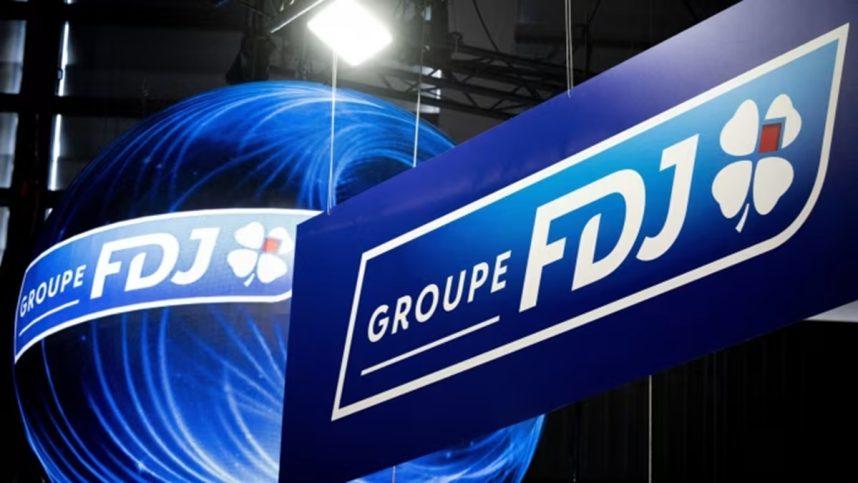Published on: September 18, 2024, 08:32h.
Last updated on: September 18, 2024, 08:32h.
French antitrust regulators have given the green light to the proposed $2.7 billion buyout of the Kindred Group, a major online gambling company listed in Stockholm, by Française des Jeux (FDJ), the monopoly operator of lotteries in France.

However, the Competition Authority in France, known as l’Autorité de la Concurrence, has stipulated that there should be a clear division between FDJ’s commercial operations and its monopoly activities. This means that FDJ, which was previously state-owned, cannot promote Kindred’s products to its lottery and sports betting clientele.
Additionally, FDJ must ensure that there is no overlap in branding between its monopoly games and the new brands acquired from Kindred. Customers will need to create separate accounts for FDJ and Kindred platforms.
Failure to comply with these conditions could result in FDJ gaining an unfair advantage over other commercial operators, according to the regulator.
Expanding Portfolio
Kindred, previously known as Unibet Group, owns popular online casino and sports betting brands across Europe, including Unibet and 32Red.
FDJ, the largest gambling operator in France, was privatized in 2018 with the government selling off a 50% stake. In November 2023, FDJ acquired Premier Lotteries Ireland, making it the second-largest lottery operator in Europe and the fourth-largest globally.
Last year, FDJ finalized its purchase of ZEturf, an online horserace betting site, marking its entry into all segments of the gambling market. Like Kindred, ZEturf is also required to maintain distance from FDJ’s monopolistic brands.
ZEturf faces competition from PMU, France’s retail horse race betting monopoly. In 2020, PMU was fined €900K by l’Autorité de la Concurrence for not segregating its land-based and online customer bases, following a complaint lodged by ZEturf.
Stéphane Pallez, the Chair of FDJ, believes that the merger with Kindred will establish a dominant force in the European gaming sector. However, Regulus Partners expressed skepticism, suggesting that Kindred’s appeal lies in allowing surplus funds from a state monopoly to bolster a more dynamic platform that FDJ struggled to create on its own.


